
Find Help
More Items From Ergsy search
-
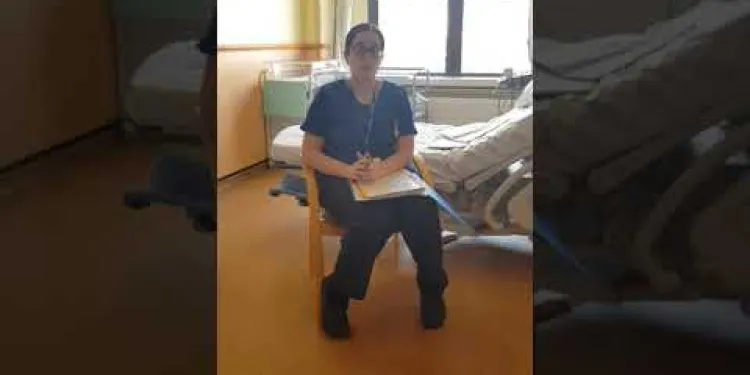
Postnatal Depression
Relevance: 100%
-
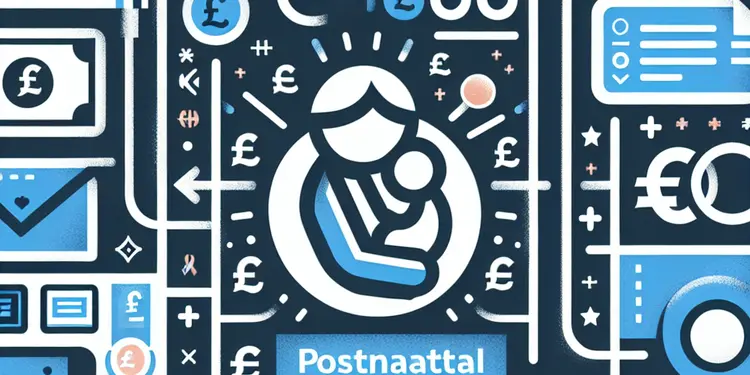
Is postnatal depression preventable?
Relevance: 97%
-

What causes postnatal depression?
Relevance: 97%
-
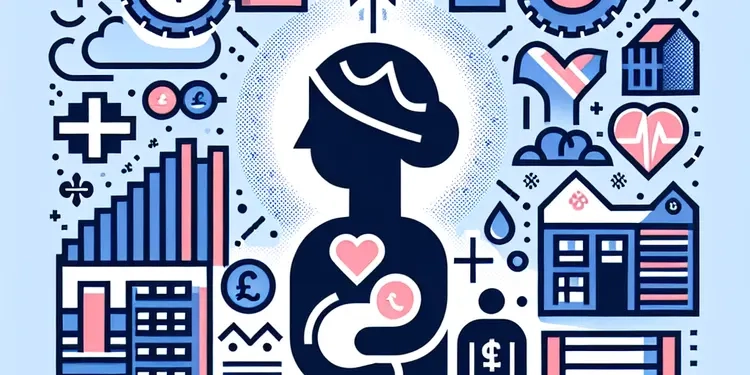
What is postnatal depression?
Relevance: 95%
-
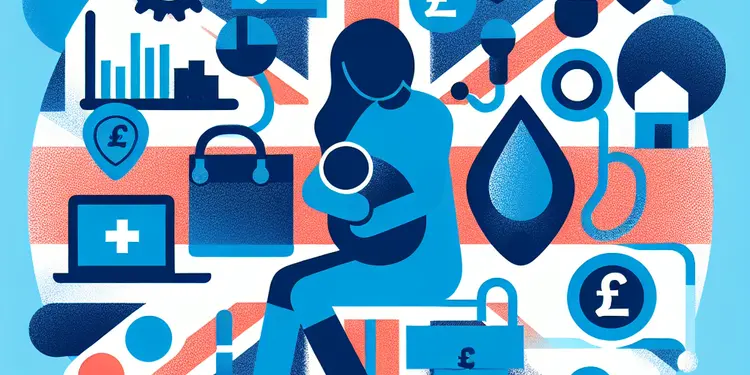
How is postnatal depression diagnosed?
Relevance: 92%
-

What are the symptoms of postnatal depression?
Relevance: 91%
-

Is postnatal depression a long-term condition?
Relevance: 90%
-

Postnatal Depression - Leanne's Story
Relevance: 90%
-
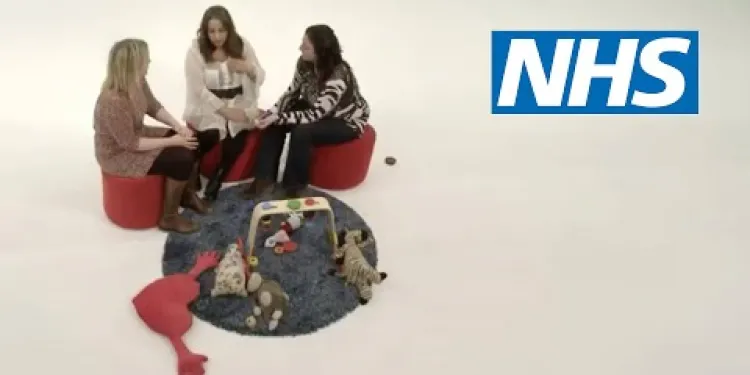
How do I know if I have postnatal depression? | NHS
Relevance: 87%
-
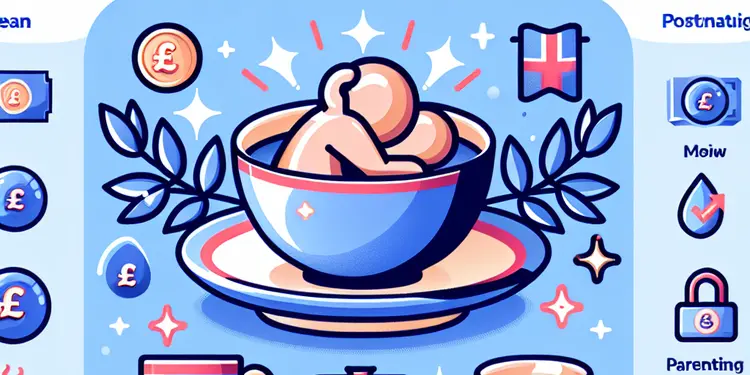
Are there support groups for postnatal depression?
Relevance: 85%
-
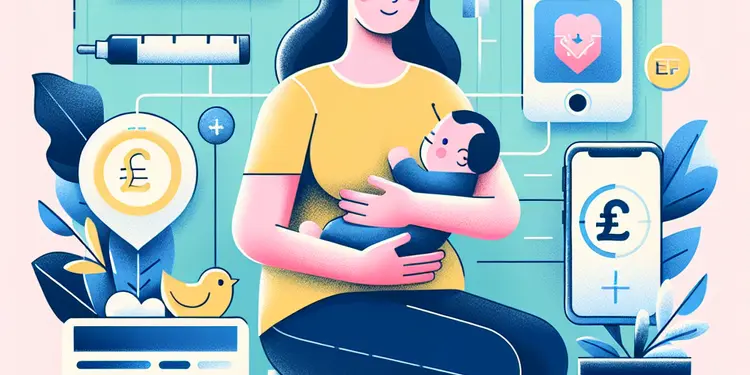
How is postnatal depression different from the 'baby blues'?
Relevance: 85%
-
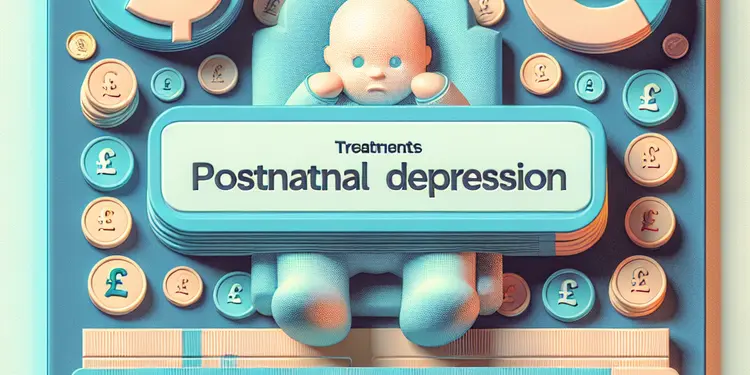
Are there treatments available for postnatal depression?
Relevance: 83%
-

How soon after childbirth can postnatal depression occur?
Relevance: 81%
-

Should someone with postnatal depression seek professional help?
Relevance: 81%
-

Can postnatal depression affect subsequent pregnancies?
Relevance: 79%
-
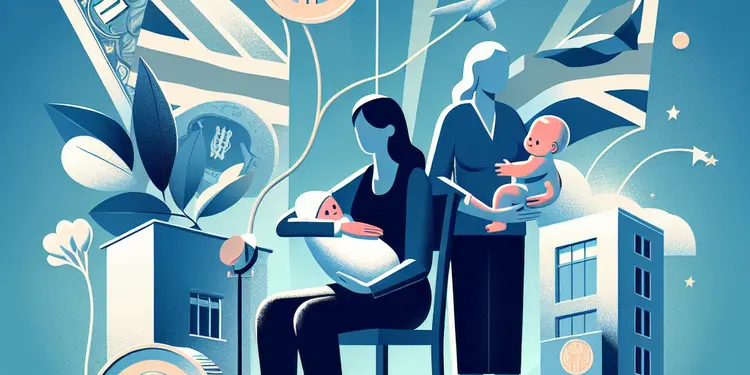
Can postnatal depression recur after treatment?
Relevance: 79%
-

Is medication necessary for treating postnatal depression?
Relevance: 79%
-
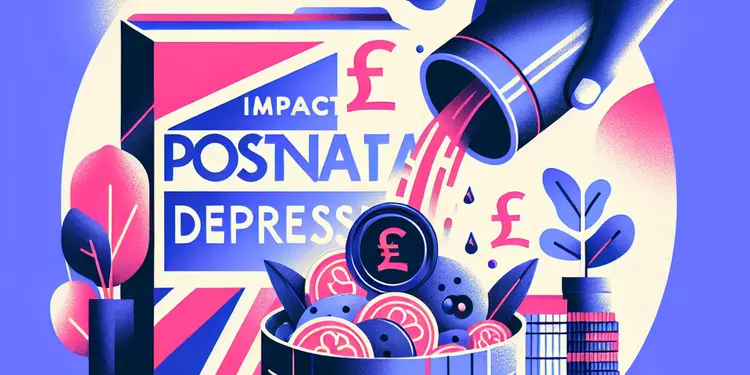
Can diet impact postnatal depression?
Relevance: 77%
-

Can fathers experience postnatal depression?
Relevance: 77%
-

Can lifestyle changes help with postnatal depression?
Relevance: 76%
-
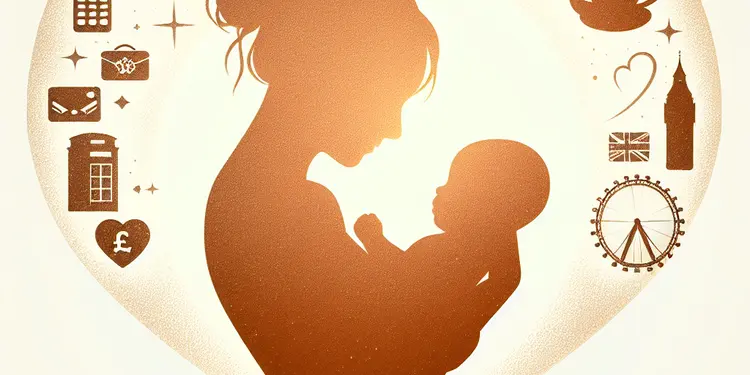
How does postnatal depression affect bonding with the baby?
Relevance: 76%
-
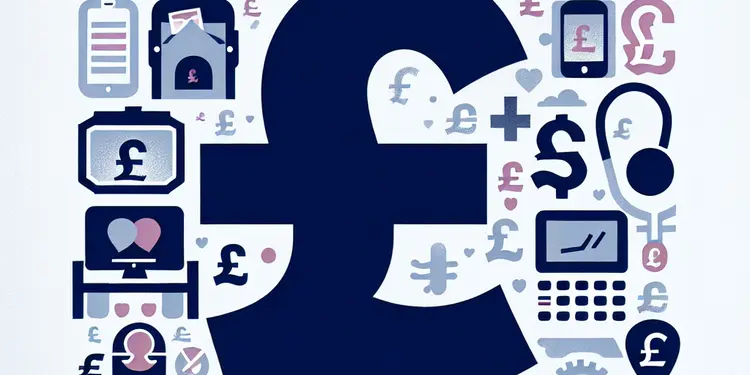
What should I do if I suspect I have postnatal depression?
Relevance: 74%
-
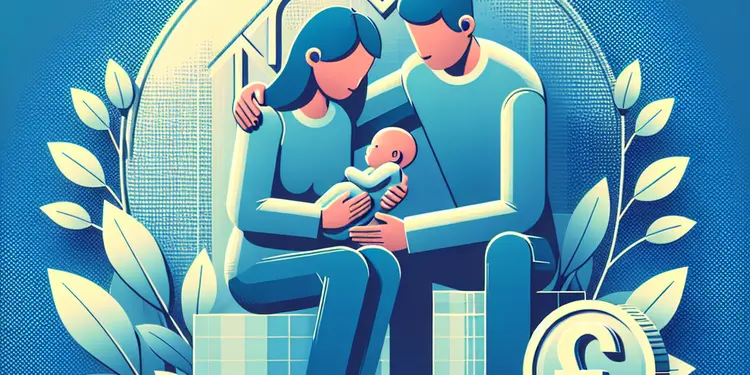
How can family members support someone with postnatal depression?
Relevance: 71%
-

Postpartum Health: Mother and Baby
Relevance: 42%
-

Treating anxiety and depression - www.slam.nhs.uk
Relevance: 34%
-
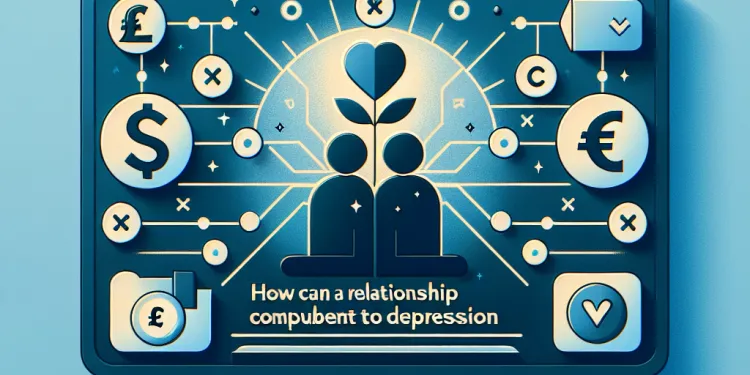
How can a relationship contribute to depression?
Relevance: 33%
-
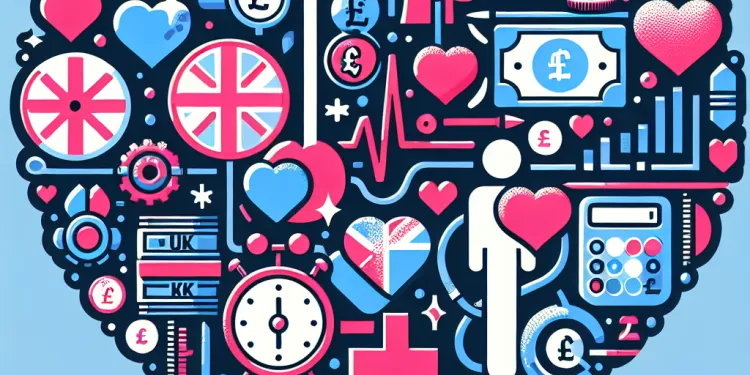
What are the signs that my relationship is making me depressed?
Relevance: 33%
-

Clinical depression: Lawrence's story | NHS
Relevance: 32%
-

Can physical symptoms be linked to relationship-induced depression?
Relevance: 31%
-
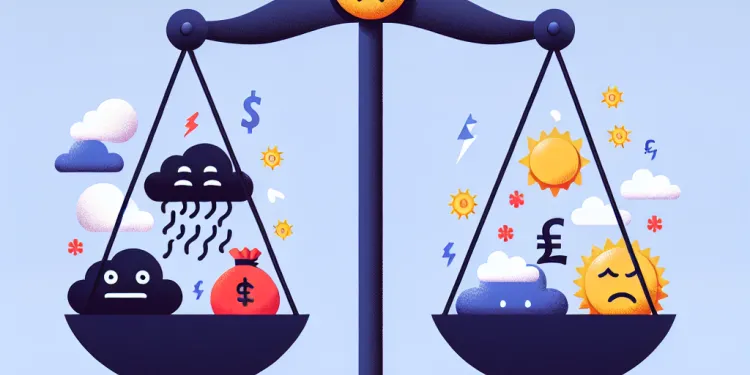
What role do unhealthy dynamics play in causing depression?
Relevance: 31%
-

Are there any self-care strategies to cope with relationship-induced depression?
Relevance: 31%
-
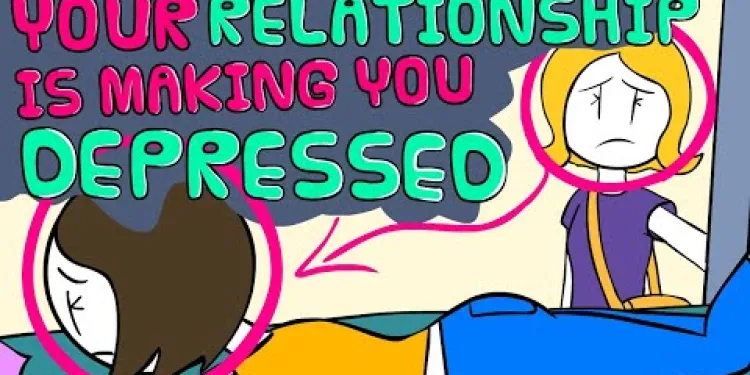
7 Signs Your Relationship is Making You Depressed
Relevance: 30%
-

I couldn't celebrate Hibs beating Hearts because I was that depressed
Relevance: 30%
-

What should I do if my partner dismisses my feelings of depression?
Relevance: 28%
-

How quickly can ketamine alleviate depression symptoms?
Relevance: 22%
-
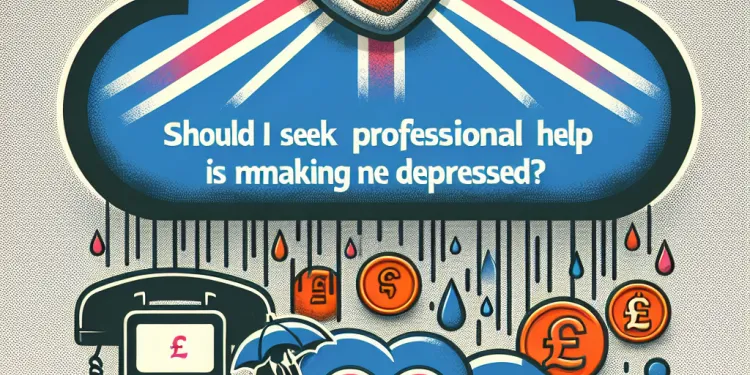
Should I seek professional help if my relationship is making me depressed?
Relevance: 22%
-
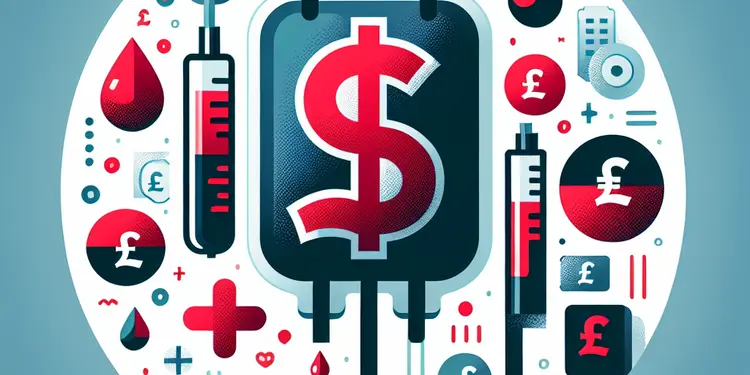
What are some common reasons blood transfusions are needed?
Relevance: 18%
-
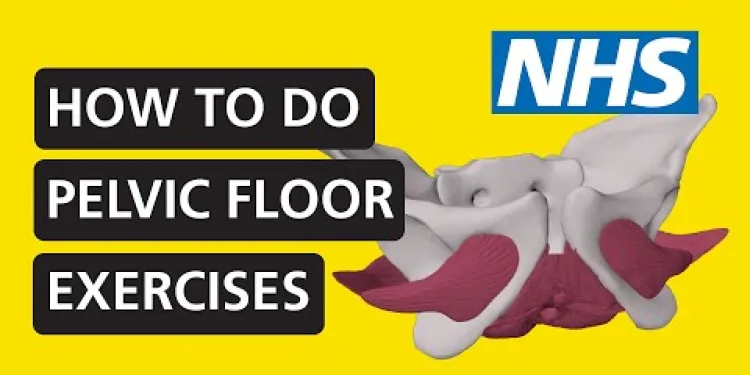
How to do pelvic floor exercises | NHS
Relevance: 17%
-

Can ketamine be used to treat major depressive disorder?
Relevance: 15%
-
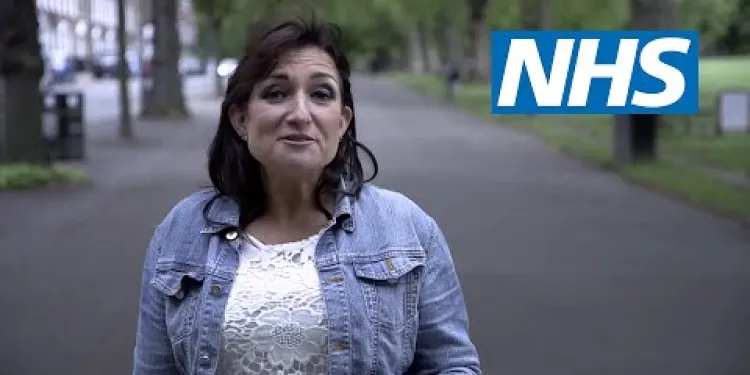
Women talking about their personal experiences of female genital mutilation (FGM) | NHS
Relevance: 15%
Understanding Postnatal Depression
Postnatal depression, also known as postpartum depression, is a type of mood disorder associated with childbirth. It is a complex mix of physical, emotional, and behavioral changes that can occur in some women after giving birth. It is important for new parents to be aware of the symptoms and onset of postnatal depression to seek timely help.
Onset of Postnatal Depression
Postnatal depression can begin at any time in the first year after childbirth, but it is most commonly detected between two weeks and two months postpartum. However, the onset can vary greatly among individuals. It is distinct from the "baby blues," which typically occur within the first few days after delivery and resolve within two weeks. Contrary to the mild and transient nature of baby blues, postnatal depression involves more severe symptoms that interfere with daily life and require professional treatment.
Recognising Symptoms
Symptoms of postnatal depression can include persistent sadness, lack of interest in the baby, changes in sleep patterns, fatigue, and irritability. New mothers might also experience feelings of worthlessness, inadequacy, and anxiety. Not every new mother experiences all symptoms, and they can range in intensity. Recognizing these signs early allows for prompt intervention and management.
Who is at Risk?
Several factors can increase the risk of developing postnatal depression. These include a personal or family history of depression, experiencing stressful life events during or after pregnancy, a lack of social support, or having experienced depression or anxiety during pregnancy. It is essential for families and healthcare providers to be aware of these risk factors to better identify and support those who may be vulnerable.
Why Early Detection Matters
Early detection and treatment of postnatal depression are crucial for the well-being of both the mother and the infant. If left untreated, postnatal depression can affect a mother's ability to bond with her baby and can lead to long-lasting psychological and developmental issues for the child. Treatments can include professional counseling, medication, and support groups. In the UK, healthcare providers such as midwives and health visitors play a key role in screening new mothers for symptoms of postnatal depression during routine postnatal check-ups.
Conclusion
Awareness of the potential timing and symptoms of postnatal depression is vital for early intervention and support. By understanding that this condition can occur anytime in the first year after childbirth, new parents and their support networks can ensure that they seek and provide the necessary help. Treating postnatal depression effectively can significantly enhance the quality of life for both mother and child.
Understanding Postnatal Depression
Postnatal depression happens after a baby is born. It is also called postpartum depression. It can change how a new mother feels and acts. It is important for new parents to know the signs so they can get help if needed.
When It Can Start
Postnatal depression can start anytime in the first year after having a baby. It often shows up between the second week and the second month after birth. This is different from "baby blues," which happen in the first few days after the baby is born and go away in two weeks. Postnatal depression lasts longer and is more serious than baby blues. It needs a doctor's help.
Signs to Look For
Some signs of postnatal depression are feeling very sad, not interested in the baby, trouble sleeping, feeling very tired, and being grumpy. New mothers may also feel not good enough or very worried. Not all mothers have the same signs, but knowing them can help get help sooner.
Who Might Get It?
Some things make a mother more likely to get postnatal depression. These include if she or her family have had depression before, big life changes around the baby being born, not having people to help, or feeling scared during pregnancy. Families and doctors need to know these risks to help mothers who might get postnatal depression.
Getting Help Early Is Important
Finding and treating postnatal depression early helps both the mother and the baby. If untreated, it can make it hard for a mother to care for her baby and can cause problems as the child grows. Help can be talking to a counselor, taking medicine, or joining a support group. In the UK, midwives and health visitors check new mothers for signs of postnatal depression during their visits.
Conclusion
Knowing when postnatal depression can happen and its signs helps get help early. This can happen anytime in the first year after having a baby. Getting the right help can make life better for both the mother and the child.
Frequently Asked Questions
Useful Links
This website offers general information and is not a substitute for professional advice.
Always seek guidance from qualified professionals.
If you have any medical concerns or need urgent help, contact a healthcare professional or emergency services immediately.
Some of this content was generated with AI assistance. We’ve done our best to keep it accurate, helpful, and human-friendly.
- Ergsy carfully checks the information in the videos we provide here.
- Videos shown by Youtube after a video has completed, have NOT been reviewed by ERGSY.
- To view, click the arrow in centre of video.
- Most of the videos you find here will have subtitles and/or closed captions available.
- You may need to turn these on, and choose your preferred language.
- Go to the video you'd like to watch.
- If closed captions (CC) are available, settings will be visible on the bottom right of the video player.
- To turn on Captions, click settings .
- To turn off Captions, click settings again.
More Items From Ergsy search
-

Postnatal Depression
Relevance: 100%
-

Is postnatal depression preventable?
Relevance: 97%
-

What causes postnatal depression?
Relevance: 97%
-

What is postnatal depression?
Relevance: 95%
-

How is postnatal depression diagnosed?
Relevance: 92%
-

What are the symptoms of postnatal depression?
Relevance: 91%
-

Is postnatal depression a long-term condition?
Relevance: 90%
-

Postnatal Depression - Leanne's Story
Relevance: 90%
-

How do I know if I have postnatal depression? | NHS
Relevance: 87%
-

Are there support groups for postnatal depression?
Relevance: 85%
-

How is postnatal depression different from the 'baby blues'?
Relevance: 85%
-

Are there treatments available for postnatal depression?
Relevance: 83%
-

How soon after childbirth can postnatal depression occur?
Relevance: 81%
-

Should someone with postnatal depression seek professional help?
Relevance: 81%
-

Can postnatal depression affect subsequent pregnancies?
Relevance: 79%
-

Can postnatal depression recur after treatment?
Relevance: 79%
-

Is medication necessary for treating postnatal depression?
Relevance: 79%
-

Can diet impact postnatal depression?
Relevance: 77%
-

Can fathers experience postnatal depression?
Relevance: 77%
-

Can lifestyle changes help with postnatal depression?
Relevance: 76%
-

How does postnatal depression affect bonding with the baby?
Relevance: 76%
-

What should I do if I suspect I have postnatal depression?
Relevance: 74%
-

How can family members support someone with postnatal depression?
Relevance: 71%
-

Postpartum Health: Mother and Baby
Relevance: 42%
-

Treating anxiety and depression - www.slam.nhs.uk
Relevance: 34%
-

How can a relationship contribute to depression?
Relevance: 33%
-

What are the signs that my relationship is making me depressed?
Relevance: 33%
-

Clinical depression: Lawrence's story | NHS
Relevance: 32%
-

Can physical symptoms be linked to relationship-induced depression?
Relevance: 31%
-

What role do unhealthy dynamics play in causing depression?
Relevance: 31%
-

Are there any self-care strategies to cope with relationship-induced depression?
Relevance: 31%
-

7 Signs Your Relationship is Making You Depressed
Relevance: 30%
-

I couldn't celebrate Hibs beating Hearts because I was that depressed
Relevance: 30%
-

What should I do if my partner dismisses my feelings of depression?
Relevance: 28%
-

How quickly can ketamine alleviate depression symptoms?
Relevance: 22%
-

Should I seek professional help if my relationship is making me depressed?
Relevance: 22%
-

What are some common reasons blood transfusions are needed?
Relevance: 18%
-

How to do pelvic floor exercises | NHS
Relevance: 17%
-

Can ketamine be used to treat major depressive disorder?
Relevance: 15%
-

Women talking about their personal experiences of female genital mutilation (FGM) | NHS
Relevance: 15%


